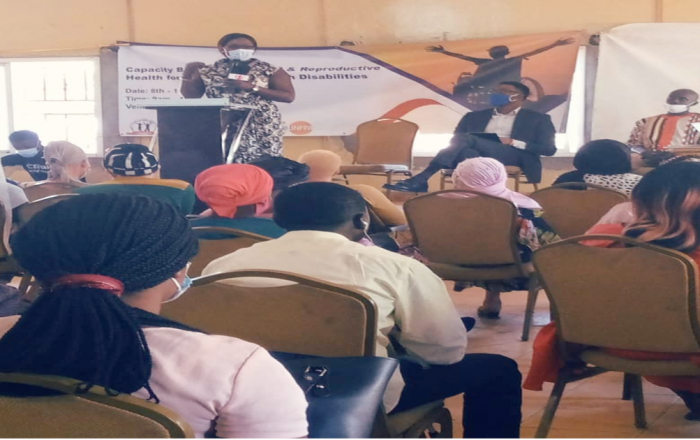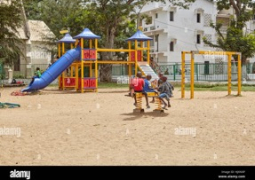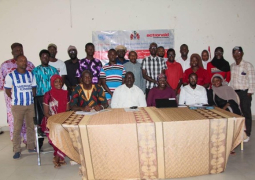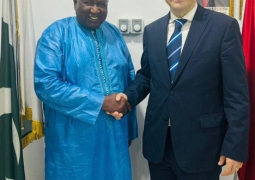
The training, which was funded by the United Nations Population Fund in collaboration with Fankanta, was aimed at training persons with disabilities on sexual and reproductive health issues to be able to maintain safe relationships and deal with abuse related to sexual and reproductive health.
At the forum, Kunle Adeniyi, UNFPA Country Representative said persons with disabilities are often times neglected in development plans.
He revealed that persons living with disabilities often times find it difficult to access information related to sexual and reproductive health.
“It is by this that the UNFPA and Fankanta thought it wise to engage them in such training. UNFPA is targeting persons with disabilities because they are a group of people who are so far left behind in the world. We have been living for so long without addressing issues about them,” he said.
Omar Camara, a participant described the training as ‘crucial’, pointing out that many girls and young women with disabilities lack the basic knowledge and requirement to protect them from sexual abuses.
He maintained that it is high time for persons with disabilities to take a firm stand and prove to the people that disability is not inability.
“Adolescent with disabilities faces numerous reproductive health problems, due to lack of information and our education sector does not recognize sexual and reproductive need and rights of an adolescent with people with disabilities,” he said.
Mariama Jobarteh, chief executive officer of Fankanta, said her organisation advocates for people’s sexual health rights, saying persons with disabilities are no exception.
“We target everybody in the country but we have a particular focus on young people. This is because young people are at a higher risk of sexual reproductive health negative outcome.”
Read Other Articles In National News
Miss Gambia team presents cheques to winners
Jan 12, 2023, 12:22 PM




